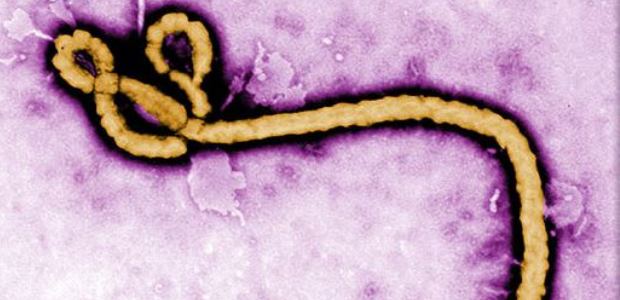
WHO Official: Phase 3 Testing of Two Ebola Vaccines Imminent
Dr. Marie-Paule Kieny said Jan. 9 that the two vaccines have undergone Phase 1 testing and have an acceptable safety profile.
Phase 3 testing of two Ebola vaccines, the phase during which the vaccines will be administered to healthy volunteers in three countries where the virus became epidemic last year, is about to begin, a top World Health Organization official announced Jan. 9. Dr. Marie-Paule Kieny,WHO's assistant director-general, Health Systems and Innovation, announced during a news conference that this testing phase will begin in January or February 2015 in Guinea, Sierra Leone, and Liberia.
WHO tweeted a series of comments by Kieny during the news conference. She said the two vaccines had undergone Phase 1 testing and had acceptable safety profiles, that many more potential vaccines are in development around the world--including in Russia, China, and the United States, and that WHO has "some information about the dose that seems to be needed to stimulate antibodies against Ebola."
Kieny wrote a commentary about the fight against the virus that WHO posted on Dec. 12, 2014. She wrote that Ebola became epidemic in those three countries "in large part because of their weak health systems. Particular weaknesses included insufficient numbers of qualified health workers, and inadequate surveillance and information systems. Other weaknesses include the absence of or weak rapid response systems, few laboratories - all located in cities - unreliable supply and procurement systems for PPEs and other supplies, lack of electricity and running water in some health facilities, few ambulances, and limited public health education, community outreach and engagement."
"The net result is that people have encountered significant barriers in accessing needed care, whether for Ebola or for other, more typical health conditions. And the impact of this outbreak spans well beyond health: economies have been affected, food has become scarce, and development has stalled," she wrote. "The answer to stopping Ebola outbreaks of this amplitude is strengthening health systems, yes. But more importantly than simply strengthening existing capacity for Ebola, countries need to create resilient integrated systems that can be responsive and proactive to any future threat."